Beyond the technology
International Day to Protect Education from Attack: How TRACE and Kobo are advancing safe education worldwide
Every year on September 9th, the International Day to Protect Education from Attack serves as a powerful reminder that millions of children worldwide cannot safely attend school due to conflict. The Day aims to raise awareness, catalyze action to protect students and communities, and prevent future attacks. Despite these efforts, schools in many countries continue to be bombed, teachers are targeted, and students injured or killed at alarming rates.
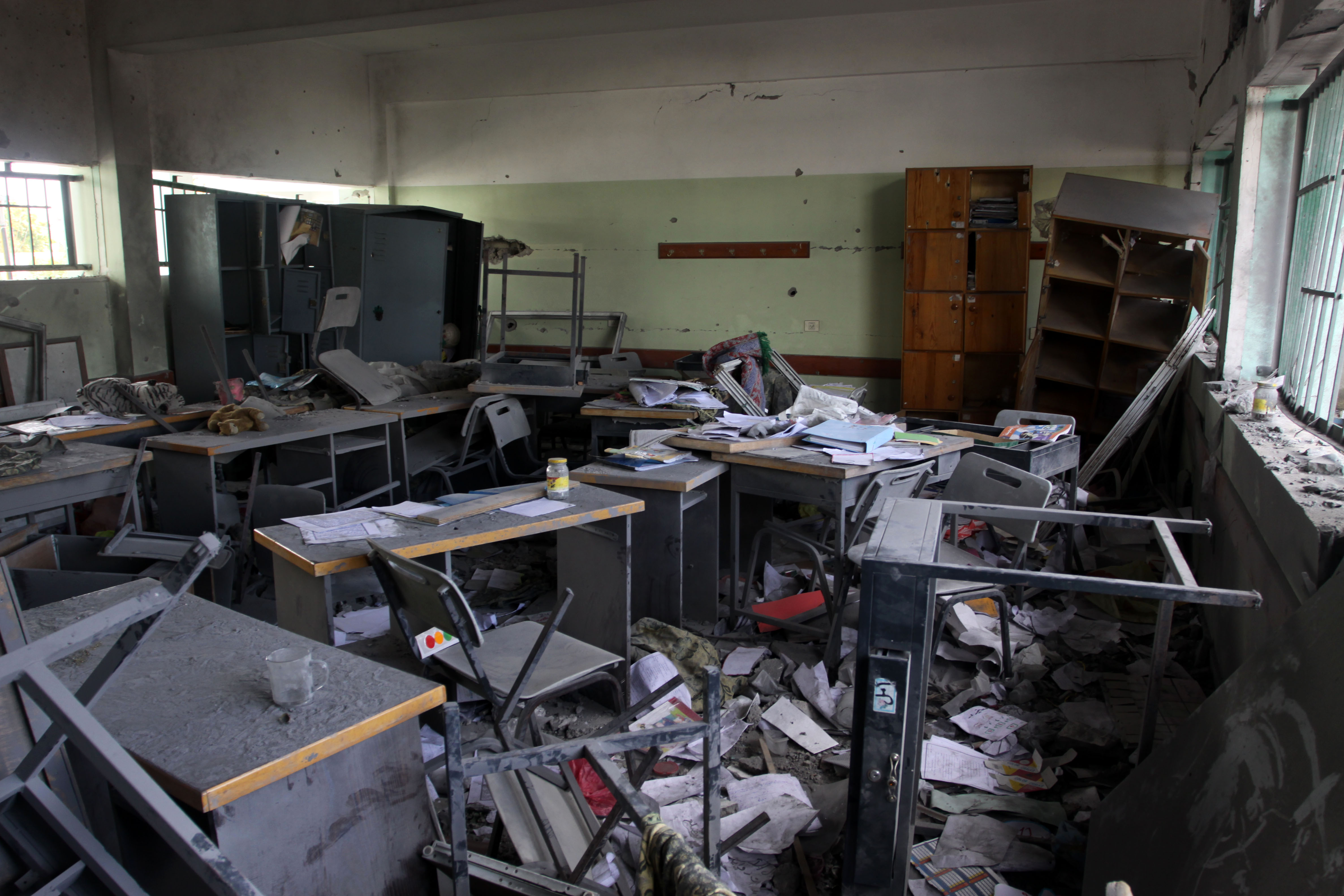
Globally, there were more than 6,000 attacks on education in 2022 and 2023, resulting in the death, injury, kidnapping, or arrest of over 10,000 students and educators. In Mali, more than 100 attacks on schools were reported in 2022 and 2023, leaving over 500,000 children out of school. During the same period, Myanmar experienced at least 490 attacks, harming over 275 students and educators. As of July 2024, over 90% of schools in Gaza were damaged or destroyed.
Attacks on education have severe and long-lasting effects on students, teachers, and their communities, causing physical and psychological harm and hindering sustainable development. But important steps are being taken to document, respond to, and prevent these attacks. In Ukraine, subway stations and underground bunkers are being used as schools to protect children from ongoing bombing. In the Democratic Republic of the Congo (DRC), UNICEF is establishing temporary safe learning spaces to help displaced children return to school. Globally, 120 governments have endorsed the Safe Schools Declaration, an inter-governmental commitment to strengthen protection for education and implement concrete measures to safeguard students, educators, and educational facilities during armed conflict.
The Track Attacks on Education (TRACE) Data Portal plays a crucial role in advancing safe education for children worldwide by ensuring timely and accurate data is available and easily accessible. Designed and implemented by Kobo in 2022, the Portal was developed with support from the Education Above All Foundation, the Global Coalition to Protect Education from Attack (GCPEA), and UNESCO to provide a centralized platform for documenting attacks, sharing data, and informing prevention activities.
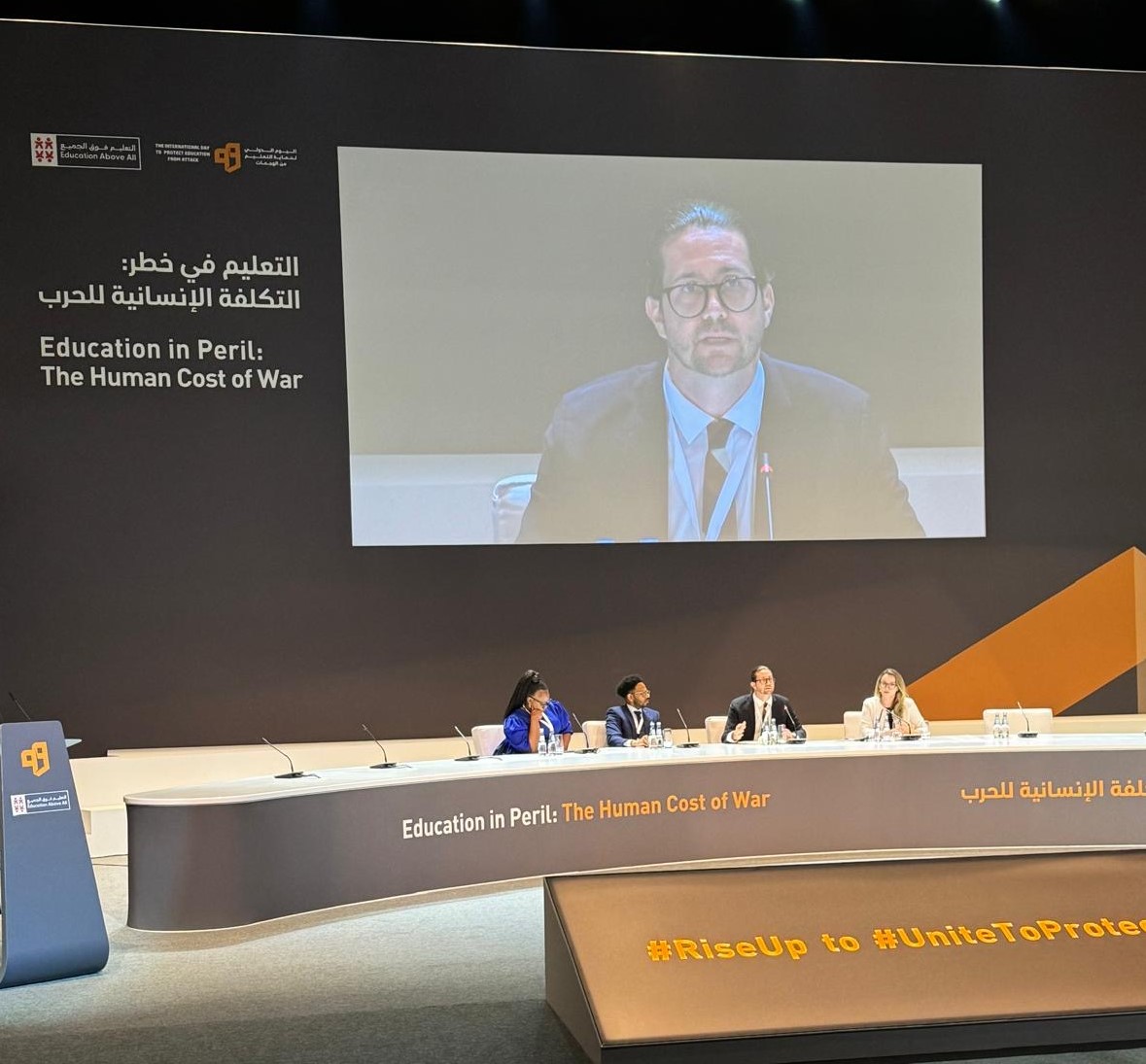
Using data collected by GCPEA, the TRACE Data Portal has visualized more than 11,000 attacks to date in over 95 countries and territories, providing a comprehensive overview of the global scope of attacks against education. The Portal’s filtering feature enables users to compare data for groups of countries to gain a better understanding of the severity of attacks across contexts. Additionally, users can identify trends over time within countries, giving them access to critical insights for protection and advocacy efforts. Data from Ukraine, for example, reveals a surge in attacks after the Russian invasion in February 2022, in contrast to previous years where attacks were sporadic and geographically limited.
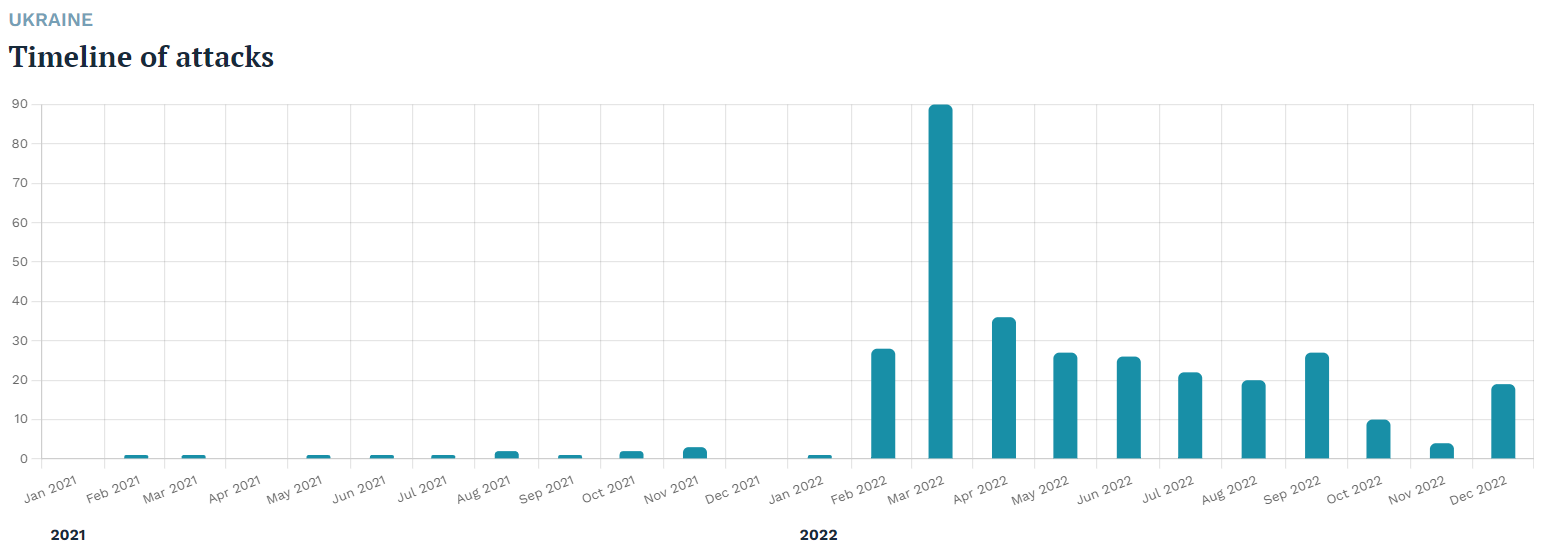
The Portal’s visualization and filtering features also provide users with crucial information about attack locations, enabling them to identify and track geographic hotspots. For example, data from the DRC shows that, while attacks against students and educators occur in several regions of the country, attacks on schools are concentrated in North Kivu, Ituri, and Mai-Ndombe provinces. For humanitarian actors, journalists, legal experts, and other stakeholders, this verifiable context-specific data, combined with enhanced visualizations, is essential for response planning, advocacy, and accountability.
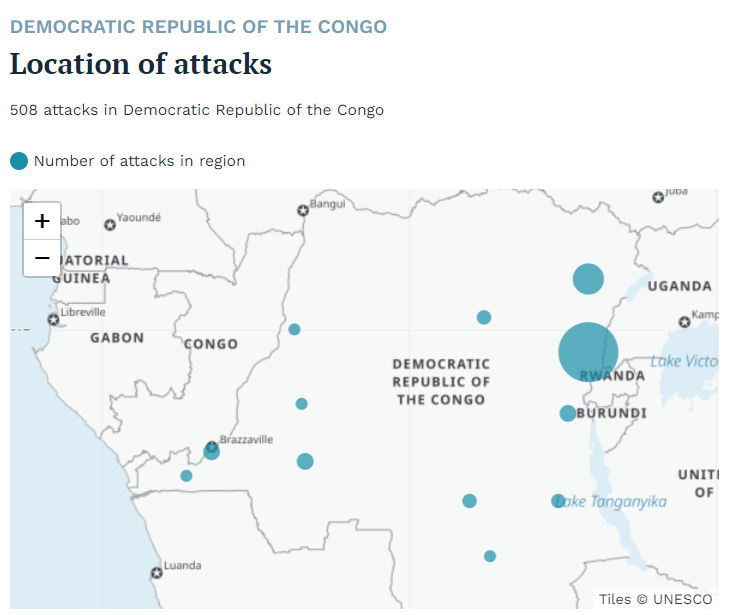
TRACE allows users to effectively quantify the injury, death, and destruction caused by attacks. With visualizations showing the number of educational facilities damaged and individuals harmed, including disaggregated data on girls and women, users can compellingly illustrate these insights to raise awareness and drive data-informed action.
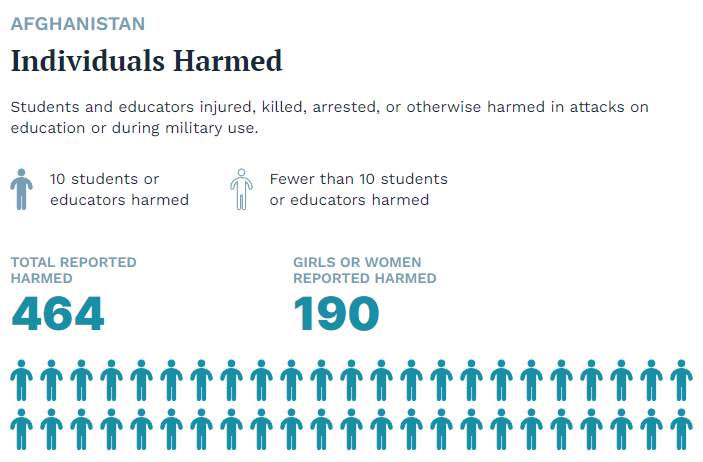
To mark the International Day to Protect Education from Attack on September 9th, Kobo has released the latest data from GCPEA for 2022 and 2023 on the TRACE Portal. In addition, Kobo will be launching a survey at the end of 2024 to collect up-to-date data in a high priority conflict-affected country, with the goal of shedding light on long-term impacts and uncovering unreported attacks. This study is crucial for understanding why some attacks go unreported and how protracted conflicts affect the wellbeing of learners and communities over time.
Using KoboToolbox, the study aims to capture detailed and accurate data on attacks in some of the world’s most challenging settings. Initially piloted in one country, the data collection forms can then be deployed by Kobo and its partners in conflict zones worldwide to build a longitudinal and cross-national knowledge base. Looking ahead, with the study data shared on the TRACE Portal, users will be equipped to more effectively prevent attacks on education and mitigate their consequences, empowering youth and communities with safe learning opportunities in the future.